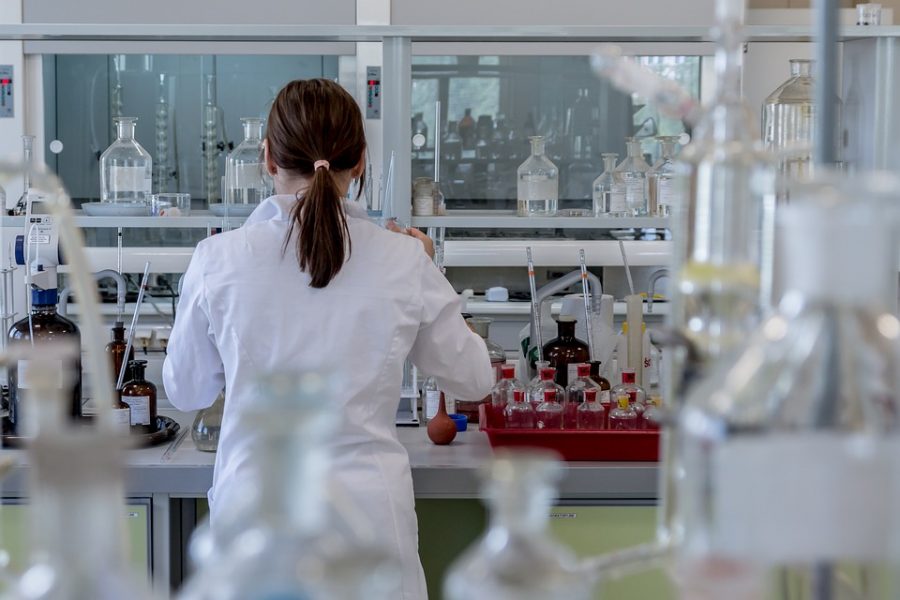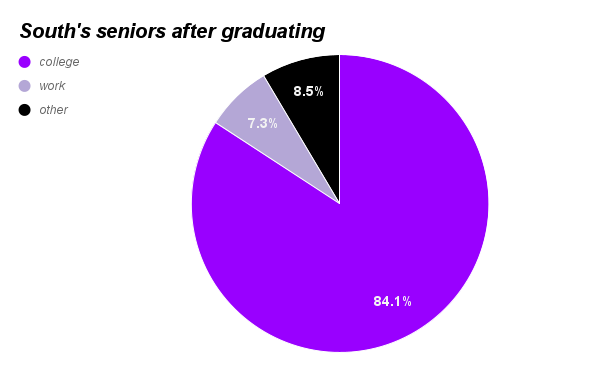With real-life science looking more and more like science fiction every day, the 1997 film “Gattaca” may not seem so surreal anymore. A remarkable breakthrough in biotechnology, the CRISPR-Cas9 gene-editing tool, now gives us the potential to recreate “Gattaca” in real life; the tool endows us with the ability to alter the genome of human embryos.
What does this mean, you might find yourself asking?
The development of biotechnology like CRISPR is influential for its wide array of potential functions, feats that could not easily be achieved by other means. By going into and targeting a piece of DNA, then using a pair of “molecular scissors” to cut parts out (or add parts in), CRISPR allows us the potential to cure genetic defects and diseases, enhance the efficiency of gene therapy and even possibly save endangered species. With these prospects, what more could you ask for?
Well, for everybody, these benefits don’t seem to outweigh the drawbacks.
Bioethics, the study of ethical issues emerging from biology and medicine, is essential in determining medical policy for a development as large as this, causing many people to express their frustration with the application of CRISPR on living organisms.
“Gene editing itself is experimental and is still associated with off-target mutations, capable of causing genetic problems early and later in life, including the development of cancer,” bioethicist and philosophy professor Julian Savulescu told the “BBC.”
Not to mention that with genetic editing the application of this technique into the zygote or early stage embryo can modify all cells of the organism, including the cells that can be passed down to future generations, effectively causing a change in the gene pool.
“I am all for it,” senior Lizbeth Funkhouser said. Funkhouser intends to pursue a career in science and medicine, particularly as a cardiothoracic surgeon. “I don’t agree with how He Jiankui utilized CRISPR, but I think that CRISPR has immense potential to help people and treat genetic disease. I just think we need more research and trial.”
Jiankui, a Chinese biophysics researcher, claimed to have created the first genetically-edited babies in the world in November of this past year, receiving not only an uproar of astonishment but also criticism. Though the premature experimentation of his work has created huge controversy, Jiankui stands by his work, hoping that it will lead to a future in which CRISPR can be responsibly used to combat genetic disease.
“I feel a strong responsibility that it’s not just to make a first, but also make it an example,” Jiankui told the “Associated Press.” “Society will decide what to do next.”

